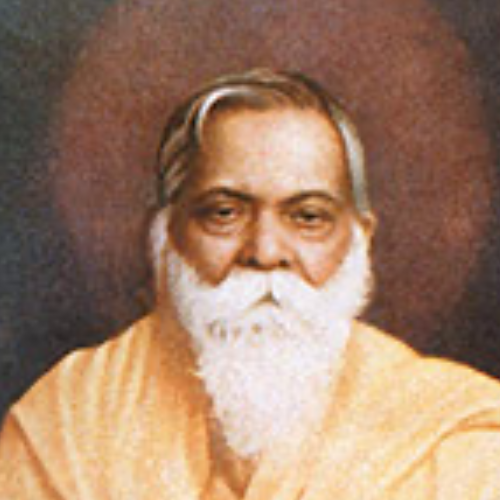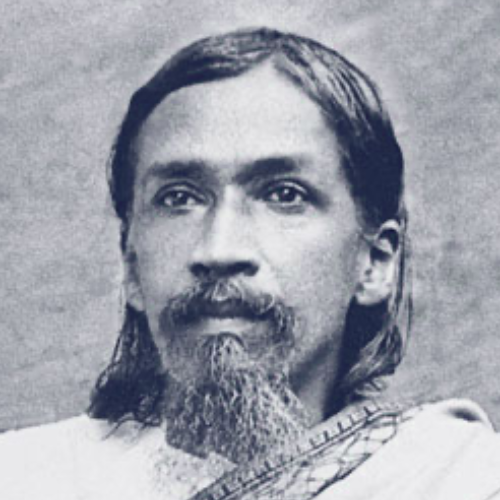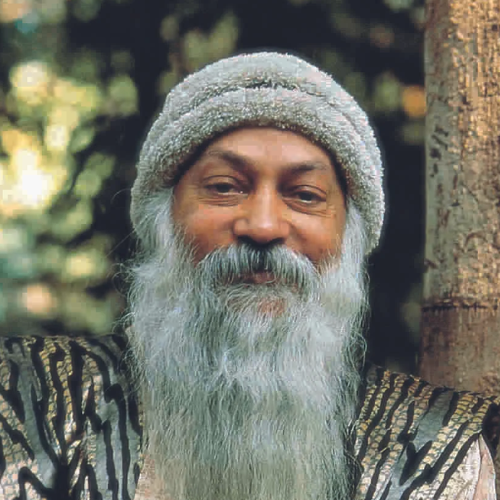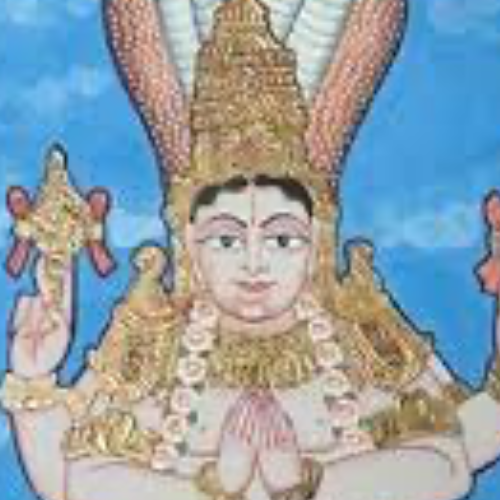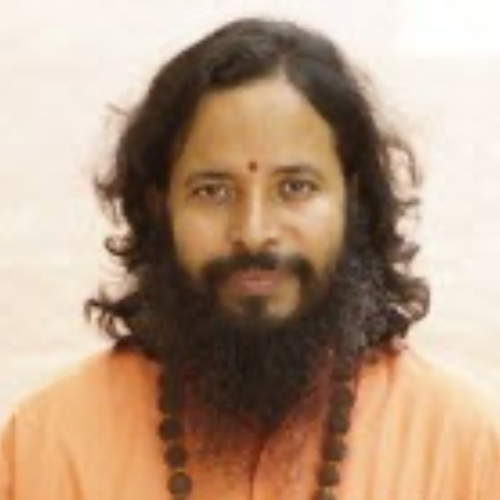Culture Quotes
Topics:
Abundance (20)
Advaita (14)
Alone (191)
Angels (16)
Anger (180)
Animals (39)
Art (1407)
Atman (30)
Attachment (98)
Awakening (38)
Awareness (159)
Beauty (129)
Bhakti (16)
Bliss (123)
Body (654)
Brahma (63)
Brahman (39)
Brain (50)
Breath (134)
Buddhism (16)
Change (272)
Compassion (184)
Confidence (38)
Consciousness (328)
Courage (98)
Creativity (79)
Culture (64)
Darkness (83)
Death (254)
Desire (301)
Destiny (28)
Dharma (29)
Discipline (61)
Disease (53)
Divine (249)
Divinity (26)
Dream (107)
Dreams (25)
Earth (173)
Effort (147)
Ego (245)
Energy (132)
Enlightenment (74)
Evil (162)
Evolution (62)
Existence (191)
Eyes (139)
Failure (51)
Faith (224)
Family (77)
Fear (295)
Food (84)
Forgiveness (35)
Freedom (167)
Friend (158)
Future (182)
God (1448)
Grace (115)
Gratitude (43)
Guru (110)
Habits (30)
Happiness (320)
Happy (205)
Harmony (81)
Hatred (52)
Health (94)
Heart (693)
Heaven (128)
Hell (37)
Honor (50)
Human (535)
Humanity (88)
Ignorance (114)
Illusion (72)
Imagination (48)
India (69)
Infinite (141)
Intellect (80)
Intelligence (66)
Intuition (26)
Jesus (106)
Journey (72)
Joy (420)
Justice (69)
Karma (57)
Knowledge (338)
Krishna (101)
Kriya Yoga (827)
Liberation (46)
Life (1404)
Light (479)
Love (1337)
Manifestation (43)
Mantra (25)
Maya (28)
Meditation (281)
Mind (1257)
Miracle (40)
Moment (343)
Money (71)
Music (96)
Nature (389)
Nonviolence (23)
Ocean (112)
Paradise (19)
Past (154)
Patience (70)
Peace (431)
People (623)
Philosophy (43)
Pleasure (119)
Poverty (47)
Practice (287)
Pranayama (14)
Prayer (137)
Purpose (129)
Reality (223)
Religion (200)
Sacrifice (58)
Sadhana (32)
Secret (117)
Seeker (47)
Senses (66)
Service (120)
Silence (160)
Simplicity (26)
Sin (701)
Sleep (76)
Smile (54)
Society (101)
Sorrow (82)
Soul (532)
Sound (65)
Source (138)
Spirit (578)
Spiritual (411)
Success (137)
Suffering (247)
Sun (139)
Surrender (63)
Thoughts (247)
Time (630)
Touch (107)
Truth (506)
Unconscious (44)
Understanding (124)
Unity (135)
Universe (243)
Vedanta (30)
Violence (71)
War (681)
Wealth (107)
Wisdom (170)
Work (382)
World (1043)
Yoga (142)
Zazen (12)
Zen (72)
Culture Quotes
Spirituality is the master key of the Indian mind. It is this dominant inclination of India which gives character to all the expressions of her culture. In fact, they have grown out of her inborn spiritual tendency of which her religion is a natural out flowering. The Indian mind has always realized that the Supreme is the Infinite and perceived that to the soul in Nature the Infinite must always present itself in an infinite variety of aspects.
Without modesty, woman is devoid of beauty and culture. Humility, purity of thought and manners, meekness, surrender to high ideals, sensitivity, sweetness of temper - the peculiar blend of all these qualities is modesty. It is the most invaluable of all jewels for women.
Sexual love is a troubled and problematic relationship in cultures where there is a strong sense of man's separation from nature, especially when the realm of nature is felt to be inferior or contaminated with evil.
The satsang is - within the mass culture - like little mushrooms here and there, and somebody, maybe a Christian and a Hindu and a Buddhist, come together; doesn't matter, because those are paths. They're paths to the One. But those satsangs are what the world needs. And as I say - heart to heart - that's what satsang is.
This is what they have suppressed so long. This is why they are so afraid of the psychedelics, because they understand that once you touch the inner core of your own and someone else's being you can't be led into thing-fetishes and consumerism. The message of psychedelics is that culture can be re-engineered as a set of emotional values rather than products. This is terrifying news.
I think the real test of psychedelics is what you do with them when you're not on them, what kind of culture you build, what kind of art, what kind of technologies... What's lacking in the Western mind is the sense of connectivity and relatedness to the rest of life, the atmosphere, the ecosystem, the past, our children's future. If we were feeling those things we would not be practicing culture as we are.
May the culture of life and love render vain the logic of death.
Kindness and a good heart are the foundation for success in this life, progress on the spiritual path, and the fulfillment of our aspirations. Our need for them is not limited to any specific time, place, society, or culture.
Our culture's zeal for longevity reveals our incredible collective fear of death.
Only faith in Christ gives rise to a culture contrary to egotism and death.
Ego is a structure that is erected by a neurotic individual who is a member of a neurotic culture against the facts of the matter. And culture, which we put on like an overcoat, is the collectivized consensus about what sort of neurotic behaviors are acceptable.
Culture is the greatest barrier to your enlightenment, your education, and your decency.
Ashrams and gurukulas (spiritual schools) are the pillars of spiritual culture. If we perform sadhana according to the guru's advice, we need not go anywhere else. We will get whatever we need from the guru.
Make use of radio, TV and films discriminatively; only for programs that will enhance our knowledge and culture. Television is tele-visham (tele-poison, in Malayalam). If we are not careful, it can corrupt our culture, damage our eyes and drain away our time.
We do not birth our children into the world of nature. We birth our children into the world of culture.
The major adventure is to claim your authentic, true being, which is not culturally given to you. The culture will not explain to you how to be a real human being. It will tell you how to be banker, politician, Indian chief, masseuses, actress, whatever, but it will not give you true being.
Peace is the most covetable possession on the earth. It is the greatest treasure in all the universe. Peace is the most important and indispensable factor for all growth and development. It is in the tranquility and quiet of the night that the seed slowly sprouts from under the soil. The bud opens in the depth of the most silent hours. So also, in a state of peace and love, people evolve, grow in their distinctive culture, and develop perfect civilization.
There is nothing wrong with meditating just to meditate, in the same way that you listen to music just for the music. If you go to concerts to "get culture" or to improve your mind, you will sit there as deaf as a doorpost.
One is forced to speak not of what is held in common between the cultures, but what is held in common between the myths, and that in its simplest archetypal forms
Much of the violence that humanity suffers in our times is rooted in misunderstanding as well as in the rejection of the values and identity of foreign cultures. Tourism improves relationships between individuals and peoples; when they are cordial, respectful, and based on solidarity they constitute, as it were, an open door to peace and harmonious coexistence
Culture and civilization are two inseparable aspects of the lifestyle of a community, country, or nation. A man may be considered cultured if he dresses nicely and then presents himself before others—but this does not necessarily make him a civilized person. Civilization refers to the way a nation thinks and feels; to its development of ideals such as non-killing, compassion, sincerity, and faithfulness. Culture is an external way of life. Culture is a flower, while civilization is like the fragrance of the flower. A man may be poor and yet be a civilized person. A cultured man, without civilization, who may be successful in the external world is not helpful for society, because he lacks the inner qualities and virtues which enrich the growth of the individual and the nation. Culture is external, civilization is internal. In the modern world the integration of these two is necessary. Indian civilization is very rich, but its culture has become a pseudo-English culture which still creates problems in India today.
It is just man's turning away from instinct--his opposing himself to instinct--that creates consciousness. Instinct is nature and seeks to perpetuate nature; while consciousness can only seek culture or its denial.
The Church counters the culture of death with the culture of love.
